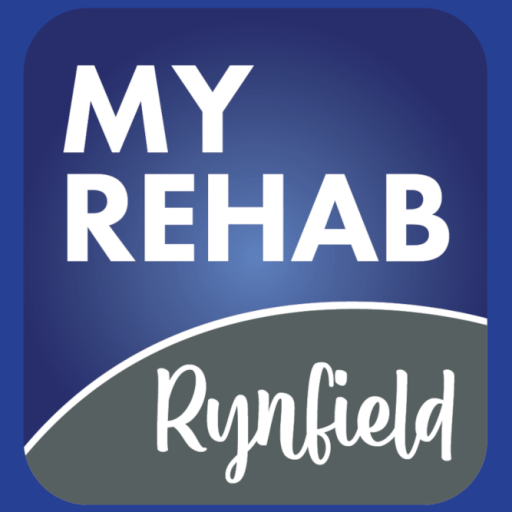In this week’s heart-to-heart discussion, we delved into the intricate emotions of guilt and shame that often accompany recovery journeys. Understanding these emotions’ nuances is pivotal in navigating the path to healing and self-acceptance. Let’s explore the transformative approach on overcoming guilt and shame, emphasizing the enriching process of recovery.
Understanding Guilt and Shame
Shame encompasses feelings of being fundamentally flawed, unworthy, or less than others, leaving us feeling hopeless and trapped within our own imperfections. On the flip side, guilt recognizes that an action, not the individual, is unacceptable. The critical realization here is: guilt says, “I did something bad,” while shame suggests, “I am bad.” This distinction is crucial for healing, as guilt can guide moral behavior and learning, while unaddressed shame can destructively erode self-worth.
The Destructive Cycle of Shame
Shame often walks hand-in-hand with addictive behaviors, convincing us we can’t improve and don’t deserve happiness. It impedes recovery by locking us in a vicious cycle of self-loathing and despair. To break free, recognizing and addressing the roots of shame becomes essential. Remember, you deserve to heal; and understanding the role of shame in your beliefs about yourself is the first step towards transformation.
Strategies for Overcoming Guilt and Shame
The journey begins with awareness—differentiating between the actions we regret and the innate value we possess as individuals. It’s about shifting the internal dialogue from self-deprecating narratives to affirmations of self-improvement and acceptance.
- Recognize the Source: Identify instances where guilt has morphed into shame. Understand the circumstances that triggered these feelings, and acknowledge them without judgment.
- Challenge Negative Self-Talk: Replace “I am bad” with “I made a mistake and can learn from it.” This rephrasing helps in distancing one’s identity from the action, promoting a healthier self-view.
- Seek Support: Communicate your feelings with trusted individuals in your support network or therapy sessions. Sharing and verbalizing shame diminish its power, opening pathways to empathy and understanding.
- Practice Self-Compassion: Be as kind to yourself as you would be to a friend. Acknowledge your struggles, celebrate your progress, and embrace the journey of recovery with compassion and patience.
- Reflect and Write: Journaling about experiences of guilt and shame can provide insights into the depth of these feelings and the instances they arise from, fostering a deeper understanding and acceptance.
- Focus on Actions: Concentrate on actionable steps toward improvement rather than dwelling on past missteps. This proactive approach turns guilt into a learning experience, encouraging personal growth.
Embracing the Path to Healing
As we navigate recovery, understanding the psychological landscapes of guilt and shame is vital. By embracing these emotions with awareness, support, and a kind heart, we pave the way for genuine healing and self-discovery.
At MyRehab, we are committed to guiding you through every step of your recovery journey, providing the tools and support needed to transform guilt and shame into empowering steps towards healing.
Ready to take a step forward in your recovery journey and transform your relationship with guilt and shame? Join us at MyRehab, where healing, hope, and support await.












